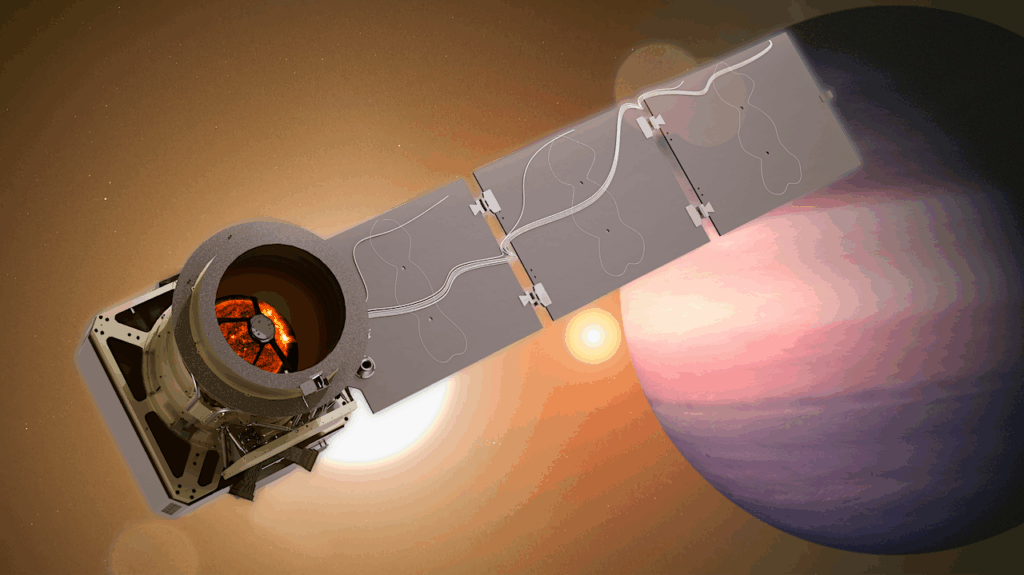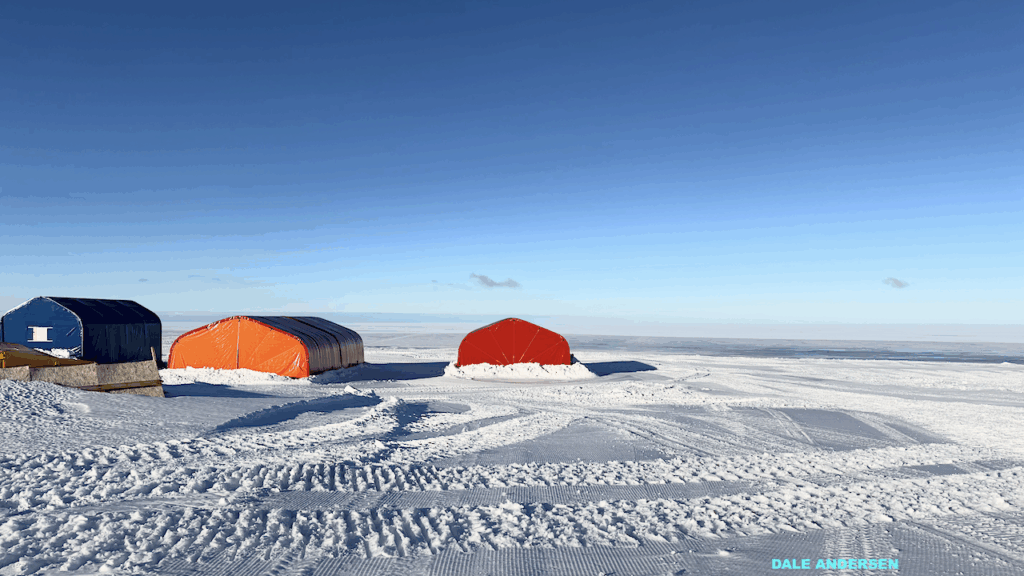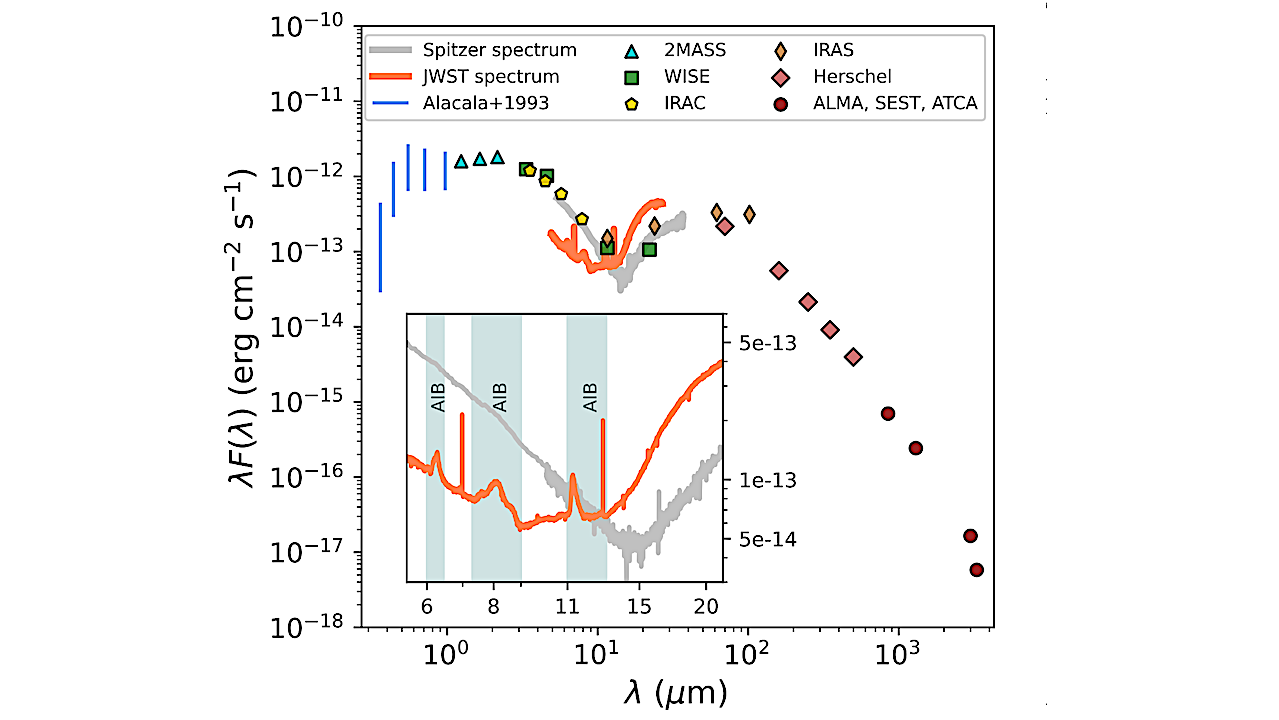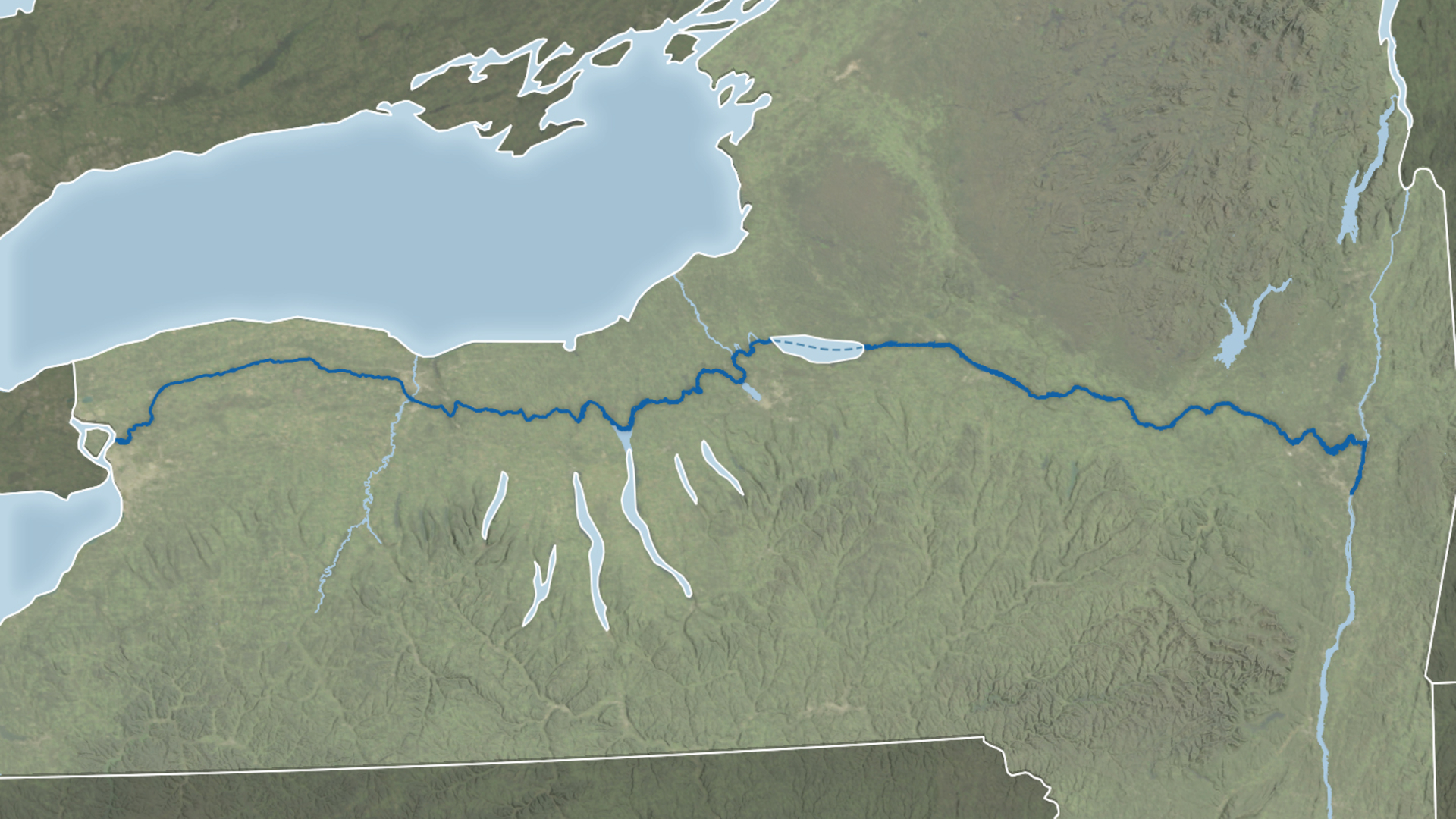Now Reading: LIFE NASA RCN Seminar Series: Dating LUCA Using Ancient Protein Family Phylogenies
-
01
LIFE NASA RCN Seminar Series: Dating LUCA Using Ancient Protein Family Phylogenies
LIFE NASA RCN Seminar Series: Dating LUCA Using Ancient Protein Family Phylogenies
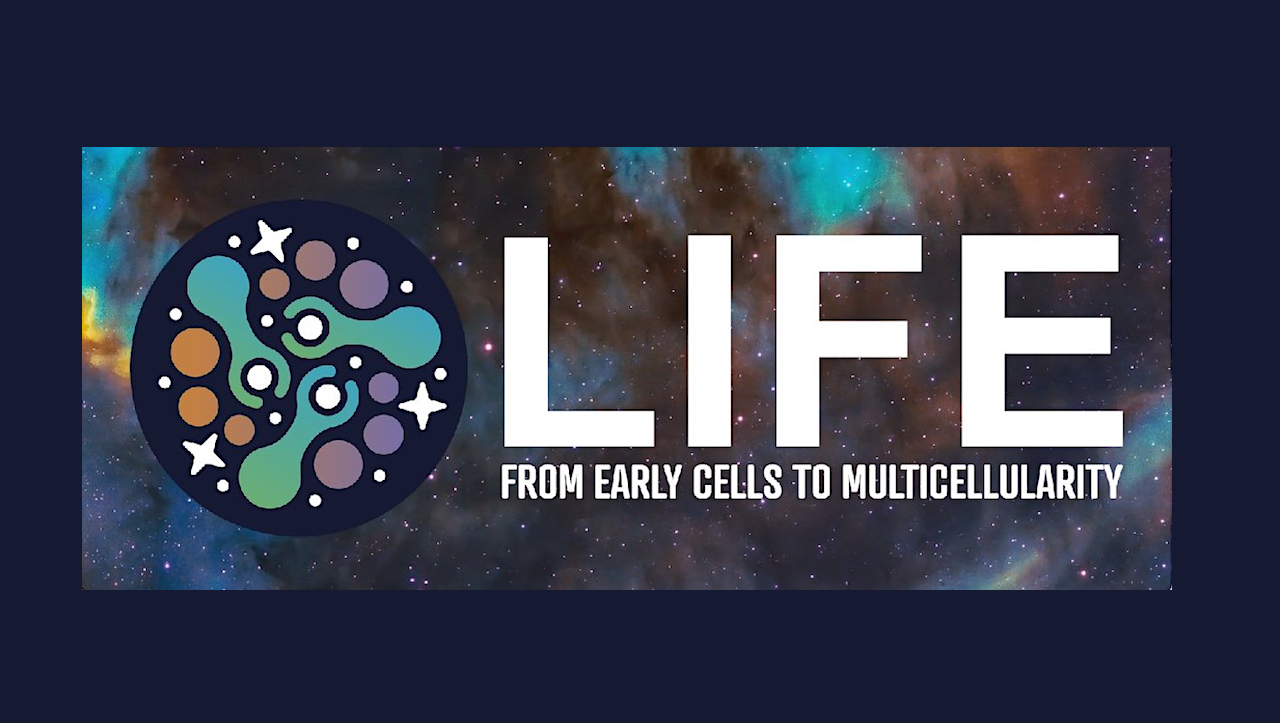

LIFE RCN Workshop
Dr. Greg Fournier is an Associate Professor of Geobiology at MIT. He studies the deep evolutionary history of life, applying molecular clocks and phylogenetics to uncover how Earth’s earliest organisms emerged, evolved, and reshaped the planet over billions of years. Dr. Fournier’s talk is titled “Dating LUCA Using Ancient Protein Family Phylogenies”.
Abstract:
The age of the Last Universal Common Ancestor (LUCA) is a major unanswered question in evolutionary history, with significant astrobiological implications. LUCA existed some time after the Moon-forming impact ~4.5 Ga, and before the first widely accepted evidence of bacterial ecosystems, stromatolites dated to ~3.46 Ga, leaving a billion years of uncertainty. Given the absence of diagnostic geobiological evidence during this interval, phylogenetics and molecular clock dating are necessary to fill this gap. Typically, these approaches depend upon alignments and phylogenies of ancient proteins that can clearly trace their ancestry to LUCA.
However, many sources of uncertainty and bias can strongly impact these results. In particular, I show that the large variance of evolutionary distances in the deepest branches of some ancient protein families strongly influence inferred posterior ages for LUCA. Making an analogy to similar challenges in geochronology and radiometric dating, I present new criteria for selecting ancient protein families for their suitability for dating LUCA, and provide key examples within the class I aminoacyl-tRNA synthetase protein families as a potential source of unbiased dates. This preliminary multi-protein dataset supports an age of 3.9 – 4.2 Ga for LUCA, substantially younger than other recent estimates.
Join The event
Astrobiology
Stay Informed With the Latest & Most Important News
-
 01From Polymerization-Enabled Folding and Assembly to Chemical Evolution: Key Processes for Emergence of Functional Polymers in the Origin of Life
01From Polymerization-Enabled Folding and Assembly to Chemical Evolution: Key Processes for Emergence of Functional Polymers in the Origin of Life -
 02Two Black Holes Observed Circling Each Other for the First Time
02Two Black Holes Observed Circling Each Other for the First Time -
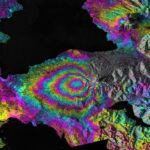 03How New NASA, India Earth Satellite NISAR Will See Earth
03How New NASA, India Earth Satellite NISAR Will See Earth -
 04Thermodynamic Constraints On The Citric Acid Cycle And Related Reactions In Ocean World Interiors
04Thermodynamic Constraints On The Citric Acid Cycle And Related Reactions In Ocean World Interiors -
 05Φsat-2 begins science phase for AI Earth images
05Φsat-2 begins science phase for AI Earth images -
 06Hurricane forecasters are losing 3 key satellites ahead of peak storm season − a meteorologist explains why it matters
06Hurricane forecasters are losing 3 key satellites ahead of peak storm season − a meteorologist explains why it matters -
 07Binary star systems are complex astronomical objects − a new AI approach could pin down their properties quickly
07Binary star systems are complex astronomical objects − a new AI approach could pin down their properties quickly













